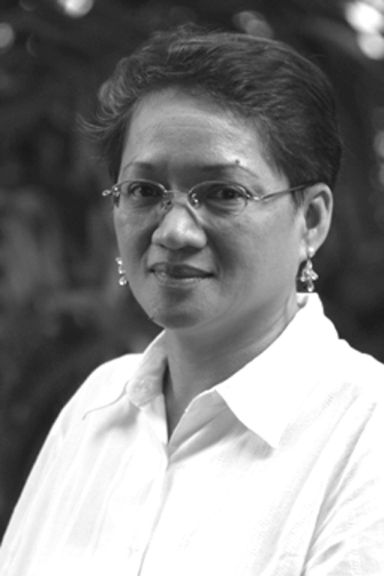
APALISOK
“The marketplace of ideas still stands, but its foundations are under attack.”
So goes the lead of the pooled editorial (“The real threat of fake news”) ran by Cebu’s English newspapers in observance of this year’s Press Freedom Week (September 18–23, 2017). The editorial is set to frame the discussion of media industry concerns in the digital age through various fora throughout the whole week.
“Fake news harms because it erodes our trust in fellow citizens and public institutions,” part of the editorial read. This kind of article has gained traction because it is being passed off as news through social media. Fake news does not only impact on our freedoms but also on social structures and traditional values that are at the core of a civilized society.
The pooled editorial issued calls for academic institutions to sharpen the minds of young people in their consumption of online material; for giant techs like Facebook and Google to use human fact-checkers and artificial intelligence to slow down the spread of malicious material; and for mainstream media to retool its practices and purposes to combat the spread of fake news. Mind you, this is a global malaise that has prompted major editors and journalists of leading news organizations to gather in Paris in April this year to talk about “journalism under fire.”
A close relative of fake news is “post-truth,” a phrase that has come out of the sharp division in US politics. Post-truth, according to one author, is a mix of truth and lies or statements hard to condemn as outright lie, what we call “lubog-lubog” or muddled statements in Visayan slang. Politicians who are caught lying will say they’re “economical with the truth” or that truth is “temporarily unavailable.”
The bottom line is, mainstream media used to control the message but not anymore. Digital media has leveled the playing field. Active Facebook users would note that ordinary citizens, bloggers and trolls who handle fake accounts have developed a following because they write in colloquial terms that appeal to emotions rather than logic and hard facts.
In the book “The End of Big,” author Nicco Melle postulates the view that the digital age has spawned so much social, political and economic upheaval not because it is a fluke, or caused by some act of specific groups of users who have chosen technology to upend the existing order.
Rather, according to Melle, there’s a “radical individualistic and anti-establishment ideology reminiscent of the 1960’s that is baked right into the technologies that underlie today’s primary communications tools.” Think Rodrigo Duterte who was elected in the 2016 presidential elections and Donald Trump a few months after Duterte won.
Digital technologies empower the individual at the expense of existing institutions and uphold the authority of the computer nerds. Power is not about knowing how to use technology even; it’s about “grasping the thinking underneath the actual technology.”
Fact-checking, training and a return to media principles are practical interventions, but there should also be a close appreciation of the technology-driven tastes and lifestyles that has practically controlled the lives of digital citizens.
Digital media has generated a different kind of consumption. In the age of analog, radio, TV and newspapers were the default sources of straight news and commentary; but the lifestyle needs of digital citizens have radically changed with the advent of smartphones and gadgets that provide news, trends, analysis and practical advice in a second. The attention of digital citizens is easily captured by high resolution images and bursts of information laced with entertainment and gossip.
An interesting online article published in May 2015 by The Worldpost titled “Philippines: A Digital Lifestyle Capital in the Making?” presents a provocative image of the digital lifestyle of Filipinos, “a reality powered by apps, sites and gadgets that compliments one’s physical lifestyle.”
According to the article, Pinoys use their smartphones to accomplish, socialize, prepare, discover, shop, for self-expression and “me time.” It’s quite a superficial view of digital lifestyle but these “7 mobile moments” are the extensions of how people live in the digital age.
The article also mentioned emerging digital behavior patterns which cited that for every 100 people online, 1 will create content, 10 will interact and 89 will simply consume or view it. (TO BE CONTINUED)
Disclaimer: The comments uploaded on this site do not necessarily represent or reflect the views of management and owner of Cebudailynews. We reserve the right to exclude comments that we deem to be inconsistent with our editorial standards.
